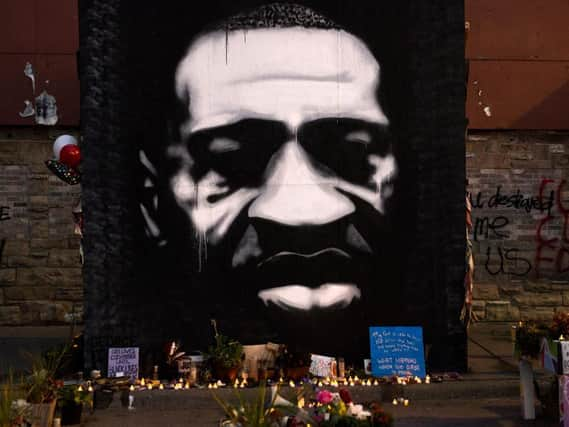'Let's decolonise the curriculum, not diversify'


Since the Murder of George Floyd in May 2020, there has been renewed interest in the education sector to decolonise the curriculum.
However, I have so often seen this term decolonisation lumped with Diversity and Inclusion [D&I]. Movements to decolonise curricula have been around for years but progress has been fleeting. However, to put more Black and Brown authors on course reading lists is simply diversity. This and decolonisation are not the same. Writer Kavita Bhanot says that “the concept of diversity only exists if there is an assumed neutral point from which ‘others’ are ‘diverse.’”
Advertisement
Hide AdAdvertisement
Hide AdIn essence, in response to the Black Lives Matter movement, diversity only exists in proximity to white people because diversity is “the new corporatized version of multiculturalism” and really what we should be exploring is this concept of decolonial thought.
In order to understand decolonisation we must understand colonialism, more specifically how it was more than the brutalisation of a set of peoples and cultures, but also the intellectual genocides (I.e the erasure of African history) combined with the upliftment of western Europeanness. Or if you want to use the jargon, epistemic violence. Epistemology is the study of knowledge, so this was a violence committed through knowledge production. This is something undiscussed in just putting ‘diverse authors’ on reading lists, for example.
Professor Gurminder Bhambra, Dalia Gebrial, and Kerem Nisancioglu believe decolonisation should provoke a change in our thinking about the world – where racism, empire and colonialism are placed at the centre and positioned as objects around which our present world is shaped. During the Labour Party’s Black History Month debate in October, the term decolonisation was contested by members of The Government. Bhambra and colleagues think that “one of the key challenges that decolonising approaches have presented to Eurocentric forms of knowledge is an insistence on positionality and plurality.” This means the different stances that can be taken in relation to arguments about decolonial thought. One such example would be to look at how colonialism is discussed in places like Zimbabwe compared to Britain. On a personal note, to me decolonising the curriculum could begin with looking at what epistemic violence looks like in STEM subjects.
We could start by interrogating our very language in relation to Whiteness, terms like East and West and how the words and terms we use are central to how we relate to our identities, communities and each other. If we are to think about decolonisation, we must consider language. So, here we begin to see that diversity and decolonisation are different, and it often upsets me to see them lumped together in one mass. Behind decolonisation, there is a rich history and present, including one of anti-colonial resistance and student activism with also what Bhambra and colleagues write as “national liberation struggles in the colonies refracted back into struggles around racism and citizenship conducted in the imperial centre.” In this, they mean that the fights happening in the British Empire had an impact in what happened in Britain.
Advertisement
Hide AdAdvertisement
Hide AdThe murder of George Floyd was a wakeup call for a good many people. Movements to decolonise the curriculum have been around for decades and this is simply the latest chapter in a much longer, subtler history. Decolonise, not diversify. In higher education, you also really have to ask if students are getting their money’s worth. Tied with discontent of online teaching, if they are getting a whitewashed curriculum too, what exactly are they paying for?
Tré Ventour is a Race and Black History Educator, Writer-Poet, Speaker and Curator
Comment Guidelines
National World encourages reader discussion on our stories. User feedback, insights and back-and-forth exchanges add a rich layer of context to reporting. Please review our Community Guidelines before commenting.